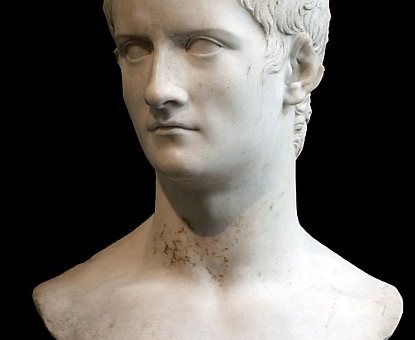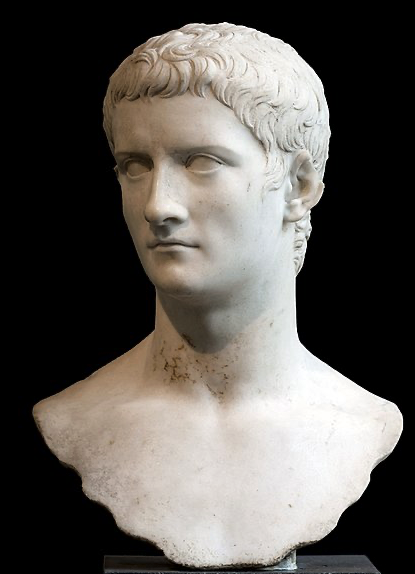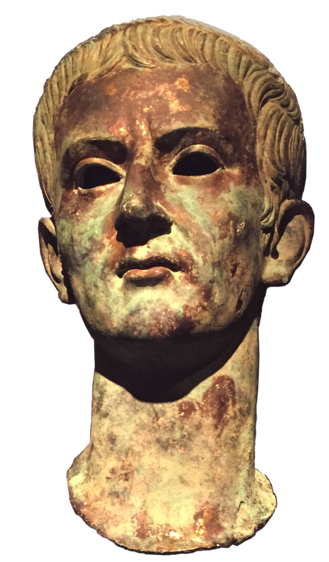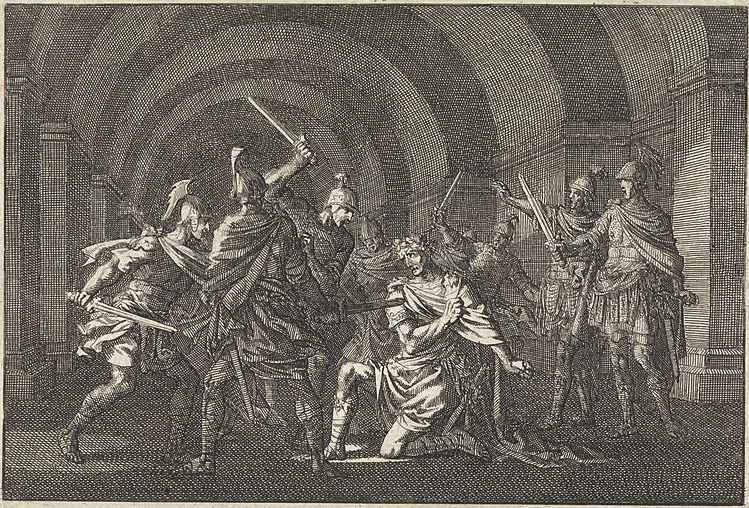
Caligula was a Roman Emperor known for his erratic and bizarre behavior, which included declaring war on an unlikely enemy – the sea. He ruled from 37 AD to 41 AD, and during his reign, he spent extravagantly, was paranoid, and showed cruelty towards his subjects. He was also known for his disdain for the Roman Senate, which he saw as a threat to his power.

Caligula, whose birth name was Gaius Julius Caesar Augustus Germanicus, was the third Roman Emperor and the successor to Tiberius. He was only 25 years old when he ascended to the throne, and his reign was marked by extravagant spending, political instability, and paranoia. Caligula was notorious for his cruelty and his disdain for the Roman Senate, which he saw as a threat to his power.
The story of Caligula’s war on the sea is one of the most bizarre and outlandish tales from his reign. According to historical accounts, Caligula was on the coast of the English Channel when he became enraged at the sea for interrupting his march. He ordered his soldiers to attack the water with swords and spears, and he even had his men collect seashells as war trophies.

Caligula’s war on the sea did not stop there. He also ordered his men to build a bridge across the Bay of Naples so that he could ride his horse across it and declare victory over the sea. He even had plans to build a palace on the sea, complete with a series of floating platforms and structures that would serve as a base for his naval campaigns.
The reasons behind Caligula’s war on the sea are unclear. Some historians speculate that it was a display of his megalomania and desire for absolute power. Others suggest that he may have been trying to distract his people from his increasingly erratic behavior and political instability.

Regardless of the reasons behind his decision, Caligula’s war on the sea was a futile and ultimately ridiculous endeavor. The sea, of course, could not be defeated, and Caligula’s actions only served to highlight his madness and cruelty. His reign would come to an end just a few years later when he was assassinated by his own guards.

